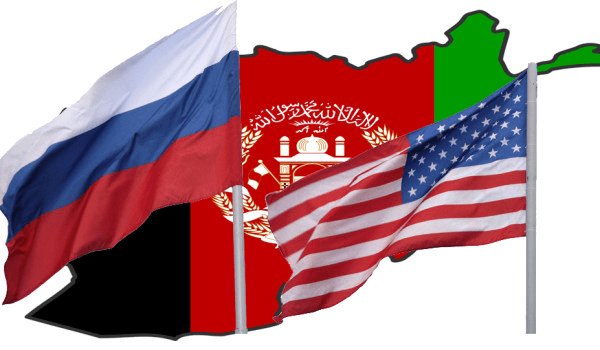“Russia Secretly Offered Afghan Militants Bounties to Kill U.S. Troops, Intelligence Says.” That was the headline in “The New York Times” on June 26, and other media quickly picked up and promoted the story. Trump administration critics in the media and politics made accusations of covering up and neglecting to act on the explosive, shocking information.
Russia officials flatly deny the existence of any such program, which is no surprise. They hardly would be likely to admit issuing gangster-style contracts. Yet Moscow and Washington do cooperate in Afghanistan.
American officials also soon began to discount the story. President Donald Trump flatly declared the Russian bounty story a hoax. Predictably, various quarters reacted to this with skepticism.
Nonetheless, while Trump has a positive relationship with Russian President Vladimir Putin, no serious observer suggests he would put American troops at risk in order to help that nation. Trump has given sustained high priority to our military, in terms of both political rhetoric and federal budget allocations. He readily approved the planned, targeted killing of Iran General Qasem Soleimani last February.
Moreover, senior administration officials directly involved with our military now publicly express skepticism about the story. On July 9, Secretary of Defense Mark Esper and Army General Mark Milley, Chairman of the Joint Chiefs of Staff, met with reporters and stated explicitly that intelligence reports about Russian payments to the Taliban in Afghanistan are uncorroborated.
Afghanistan can be an especially emotional subject for Americans. An al Qaeda group based in Afghanistan carried out the horrific terrorist attacks of September 11, 2001. In reaction, the United Nations Security Council, including Russia, unanimously passed Resolution 1386 in December 2001.
As a consequence, a multinational military force authorized by the United Nations occupied Afghanistan. The long involvement by the U.S. and allies in a fitful war approaching two decades in length is the direct result of these events.
In February, after long and painful negotiations, an agreement finally was signed between the U.S. government and the fundamentalist Taliban movement of Afghanistan for the reduction of occupying forces. The accord includes detailed stipulations to help protect the population and discourage the return of terrorists.
Reports of Russian bounties are a fact, but may be calculated plants. Russians may be spreading disinformation to sow confusion and discord. Russian groups interfere in the domestic affairs of the U.S. and other nations. The brutal and ultimately unsuccessful Soviet occupation of Afghanistan in the 1980s left bitter scars.
Also in February, incumbent President Ashraf Ghani formally became the presidential election winner, with just over 50 percent of the vote. In May, he and losing rival Abdullah Abdullah reached a power-sharing agreement, promising stability.
Some Afghan political factions, which receive generous Americans support, may be behind the bounty stories. Peace threatens their gravy train.
The wider context remains important. The long and frustrating nature of the Afghanistan war overshadows such positive developments as reasonably honest elections and the growing participation of women. Despite the lack of infrastructure, technology is spreading steadily. Cellphones and the internet are now features of isolated communities.
Ultimately, the Afghan people should be responsible for their nation, especially after two decades of occupation. The U.N. was fully justified in forcibly overthrowing the Taliban regime. Now, they should withdraw, responsibly.
Beyond the uncertainty of this story, the New York Times loses credibility for the manner of their reporting. Adding “Intelligence Says” to a purely speculative headline highlights the decline of a once great newspaper.













